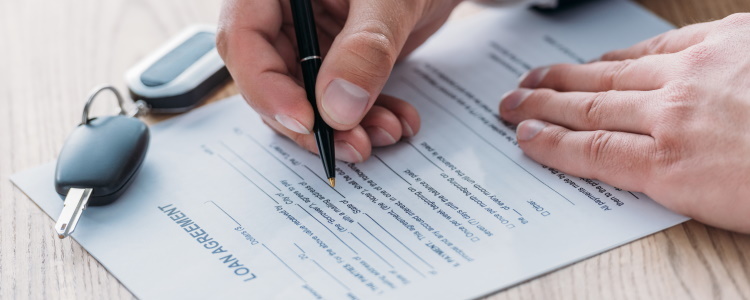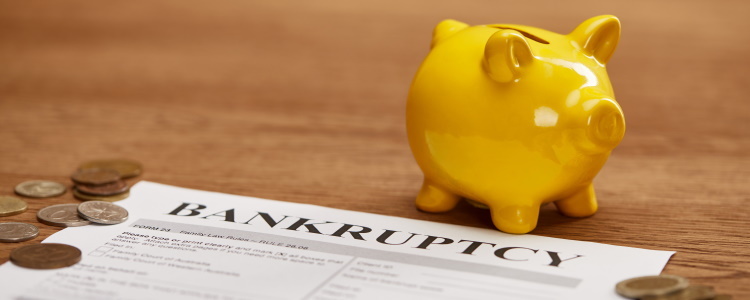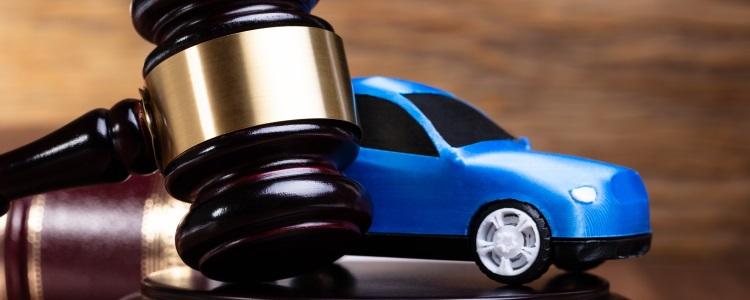If You Own Your Car
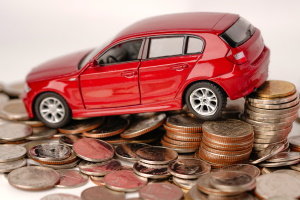 If you own your vehicle free and clear you should be able to keep it if it falls under your state's exemption guidelines. The amount of value that you're allowed to keep depends on your state, and whether you choose to take your state’s minimum exemption or the federal minimum exemption; not all states give you this choice so be sure to check with your court-appointed trustee.
If you own your vehicle free and clear you should be able to keep it if it falls under your state's exemption guidelines. The amount of value that you're allowed to keep depends on your state, and whether you choose to take your state’s minimum exemption or the federal minimum exemption; not all states give you this choice so be sure to check with your court-appointed trustee.
If your car is worth more than the amount you're allowed to exempt, you may be able to save it by combining a wildcard exemption with your vehicle exemption. If this isn't enough to cover the value of your vehicle your trustee is likely to sell your car and distribute the proceeds to your creditor to repay some of your debt. If this happens, you're typically given the exemption amount which can be used to purchase an affordable vehicle.
If You Have a Car Loan
If you have a loan on your vehicle you typically have two options, but this may depend on whether you're current on your loan when you file Chapter 7. The two options are:
- Redemption – To redeem your car, you must pay the entire value of the vehicle in one lump sum. This isn't often easy when you're in bankruptcy.
- Reaffirmation – To reaffirm your loan you must live in a state that allows this, or it must be stated as an option in your contract. To reaffirm you enter into a new contract with your lender, possibly with different terms, and continue to make your payments throughout your bankruptcy.
If you're behind on your loan you may not get the chance to use these options, as your lender isn't obligated to extend them to you if you've already defaulted on your loan. Additionally, if you're able to reaffirm, know that any late or missing payment results in automatic repossession by your lender.
If You're Leasing a Vehicle
If you're leasing a vehicle you must decide upfront whether you plan to keep the car or return it to the dealership. You have 30-days from filing to fill out your paperwork stating your intention. You can choose to either assume your lease or reject your lease.
To assume your lease means you agree to keep it and make all your lease payments throughout your bankruptcy. If you miss one you forfeit the deal and your lessor can repossess the car.
If you reject your lease you return the car and are free from all liability and the responsibility to make up any payments after your Chapter 7 is discharged.
Need Another Vehicle During Bankruptcy?
If you need a vehicle during your Chapter 7 bankruptcy, you have to get permission from your trustee. It may be easier to get an inexpensive vehicle for cash, but if you can wait until your bankruptcy discharge, you won't need court approval to take on more debt and may have an easier time getting an auto loan.
Even during Chapter 7, there's still a chance that you can finance a vehicle, as long as you're working with the right type of lender. Seeking a special finance dealership that works with bad credit borrowers after bankruptcy is likely the way to go. We know how difficult it can be to find a dealer to work with tough credit situations, so we want to make your search as smooth as possible.
At Auto Credit Express, we've gathered a nationwide network of special finance dealers that are signed up with subprime lenders. These lenders work with borrowers who have little to no credit, or who have past bankruptcy on their credit reports. To get started toward the car you need, simply fill out our fast, free, no-obligation auto loan request form, and we'll do the rest!
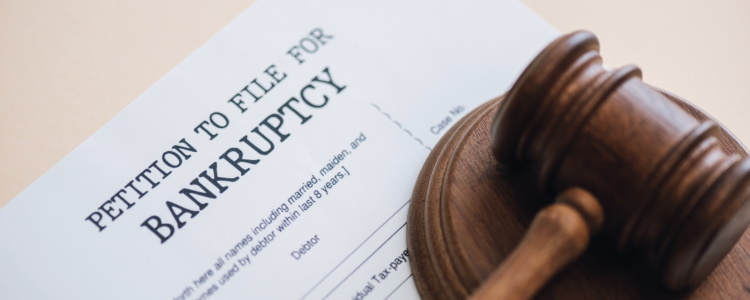
 If you own your vehicle free and clear you should be able to keep it if it falls under
If you own your vehicle free and clear you should be able to keep it if it falls under 

